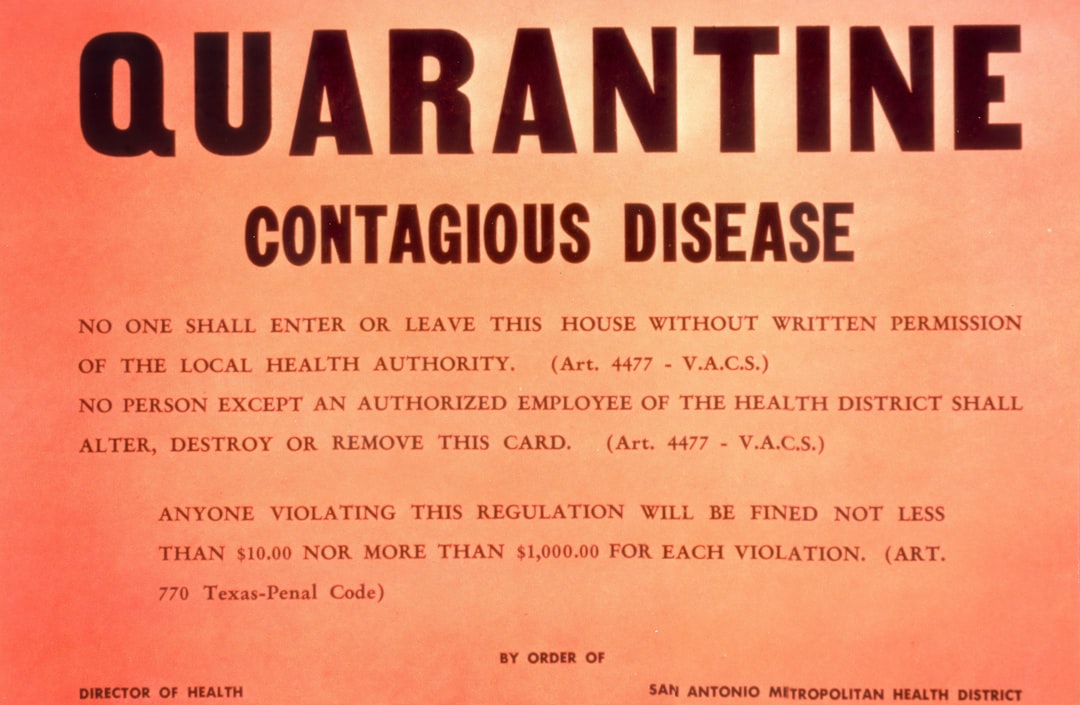Pandemic Paranoia or Precaution? The Real Costs of Chasing Every COVID-19 Variant
As the World Health Organization (WHO) sounds the alarm on each new COVID-19 variant, the world stands at a crossroads: Are we safeguarding humanity, or surrendering to a cycle of perpetual fear and crisis management?
The Pandemic Playbook: Vigilance or Overreach?
Three years after the world was thrown into turmoil by COVID-19, the sight of another warning headline—“WHO Eyes Emerging COVID-19 Variant”—evokes a mix of exhaustion, anxiety, and cynicism. The WHO’s mandate to monitor emerging threats is clear. But as every mutation becomes a global headline, we must ask: When does vigilance become overreach?
Competing Perspectives: A Snapshot
| Stakeholder | Position | Pros | Cons |
|---|---|---|---|
| WHO & Public Health | Aggressively track/report variants | Early warning; rapid response | Risk of public panic; information fatigue |
| Governments | Enforce new mandates & restrictions | Potentially limits viral spread | Economic, social, and civil liberty costs |
| Public & Businesses | Desire for normalcy & stability | Avoids constant disruption | May ignore real risks, vulnerable exposed |
| Scientists | Call for nuanced, data-driven response | Focused resources, minimizes “variant fatigue” | May be accused of complacency |
Ethical Dilemmas and Societal Impact
Public Trust Erosion
How many times can the public sound the alarm before tuning out entirely? Constant warnings about “emergent variants” have bred skepticism—even among those once strictly compliant. This “boy who cried wolf” scenario raises an ethical question: Do repeated alerts undermine readiness for truly dangerous mutations?
Surveillance vs. Freedom
Surveillance technologies powering global variant tracking—genomic sequencing, health data mining, travel tracing—have advanced at breakneck speed. Their legacy will outlast this pandemic and test society’s willingness to trade privacy for safety.
“If you give up liberty for security, you will have neither.” — Benjamin Franklin (often cited, hotly debated in public health ethics)
Context: The Science and The Spin
The Science Behind the Hype
Health agencies aren’t crying wolf—they’re reacting rationally to a real risk. Viruses, by nature, mutate; some mutations pose grave threats, most do not. Still, each “variant of interest” invites breathless reporting, often without context. How dangerous is this new strain—does it evade immunity, cause more severe illness, or is it just one of thousands that will never take hold?
Media and the “Crisis Cycle”
COVID-19 headlines drive clicks—and profit—feeding a crisis cycle that sells urgency year after year. As a result, nuanced data is often lost amid the noise.
History Repeats—But the World Has Changed
From the 1918 flu to H1N1 to COVID-19, each pandemic reveals society’s struggle to balance caution and chaos. But today, hyper-connectivity and instant data mean panic travels faster than pathogens.
Surprising Fact: By late 2023, more than 15,000 distinct SARS-CoV-2 variants had been detected—but only a handful dramatically altered the pandemic trajectory.
Beyond COVID-19: A New Normal or Paranoia?
The shadow of COVID-19 looms over public health policy, travel, work, even cultural rituals. Will endless variant warnings become the new background noise—accepted, ignored, or transformed into political wedge issues? Or will society demand smarter, more nuanced responses?
Table: The Variant Vigilance Spectrum
| Approach | Main Features | Long-term Impact |
|---|---|---|
| Maximalist | Track, report, and restrict for all variants | Exhausted public, inflated health spending |
| Minimalist | Monitor but downplay unless severity is clear | Potentially miss critical threats |
| Balanced/Selective | Clear criteria for action, context for public | Sustained vigilance, resilient trust |
Conclusion: Fear or Foresight?
Ultimately, the greatest danger may not be the next mutant virus, but the societal fatigue and distrust seeded by unrelenting crisis mode. If the WHO and media wish to sustain public trust, transparency and context matter as much as genomic surveillance. The virus will mutate—but so must our pandemic playbook.
This article was inspired by the headline: 'WHO Eyes Emerging COVID-19 Variant - Medscape'.

Comments
No comments yet. Be the first to comment!